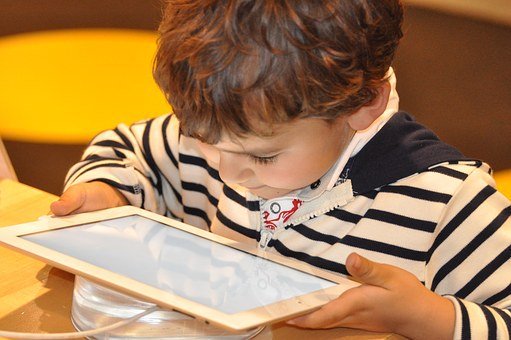Computer science is future-proof, they say, and we’d agree. With a world that’s moving toward robotics, artificial intelligence, self-driving cars, and space exploration, it’s no wonder that the field is burgeoning.
It’s already being estimated, for example, that computer science graduates will have 17% higher chances of employment than the current average—and this is today. By the time your children grow up and step into the job market, this number will have gone way up.
That’s why we think your child should begin learning computer science as early as possible. This will prepare them for a world of advancement ahead—and equip them for their future.

Computer Science is an Essential Part of the Global Landscape
The world is digitized; we’ve seen just how quickly (and smoothly) everything transitioned to the online space when the pandemic hit us. Nothing stopped—businesses, schools, stock markets—everything went on.
The only people who suffered were those who weren’t savvy enough to use computers. Video call sessions and classrooms, online workshops and computing, placing orders online and tracking them—it was all done using computers.
Think of office settings, university offices, labs, hospitals, banks, airports—is there any space that you can think of that doesn’t involve a computer these days?
Programming Helps Cognitive Development
When children engage in programming, they’re being introduced to learning in an environment that doesn’t feel like teaching. The resultant effect on their cognitive development leads to better notions of abstract concepts which they can then transfuse into concrete ideas. They are being taught, not what to think, but how to think.
Your child has a higher chance of becoming an independent thinker and solving problems on their own if they take up the subject today.
Computational Thinking and Problem Solving
It’s always a good idea to encourage your children to find solutions to problems on their own. Often, when faced with problems, children rely on their parents for support.
They become dependent on others for troubleshooting and problem solving—but not when they’re learning programming and computational thinking. Learning something like coding helps them break down a problem into smaller chunks and find a logical pathway to possible solutions.
Resultantly, they learn to think on their feet—which is a skill that always comes in handy later on. A pre-programming logic course can get them started just right.
Looking for More Courses?
Imagine the success your children could be in for if they could benefit from the enrichment programs for children of computer science and programming classes. COMPUCHILD offers just that.
You can also own a STEAM franchise if you are located in Canada or the U.S. Got more questions about how to start a franchise with low investment under 15k? Try getting in touch with us.


